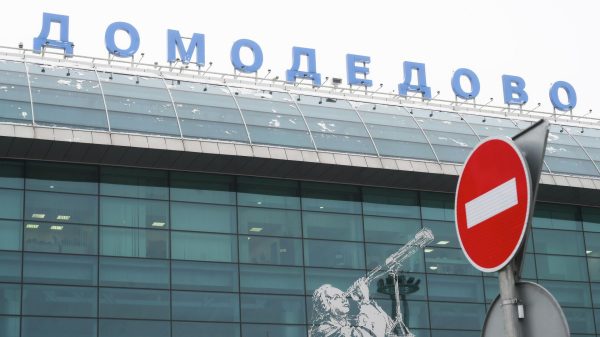Almost two thirds of people in China believe corruption has decreased in their country in the past year, with more than 80% saying the government has done a good job in combatting it, a new report has said.
The report from Transparency International was based on surveys of almost 20,000 people across 17 Asian countries, asking about their perceptions of, and experiences with, corruption in the past 12 months.
It found almost one in five respondents across Asia – or about 886 million people – reported paying a bribe or using personal connections to access services. The most likely service to involve bribery was the police, followed by the courts.
“Surprisingly, while most citizens consider corruption a big problem in their countries, they still voice positive support for the actions taken,” the report said.
China’s president, Xi Jinping, took office in 2012 pledging to drive out corruption and subsequently launched an unprecedented campaign to weed out “tigers and flies”.
‘This may be the last piece I write’: prominent Xi critic has internet cut after house arrest
Read more
Xi’s anti-corruption campaign has seen the investigation and punishment of millions of officials, as well as accusations that it has been used to get rid of political opponents.
It has had little effect on China’s place in Transparency International’s global corruption index – the country ranked 80th in 2020, and consistently scores around 40/100. However, it appears to have encouraged the general population, 84% of whom told Transparency International the government was doing well in tackling corruption.
In Beijing, an IT business owner named Chen told the Guardian he felt government officials were “much more well behaved than before”, and believed the improvements were due to internal government reporting systems.
The positive findings from China, as well as similar reports from Cambodia and the Philippines, went against a general trend across Asia, where 66% of people thought corruption had worsened or stayed the same .
Almost three in four respondents believed corruption remained a major problem, and only in Myanmar (50%) and Cambodia (30%) did half of respondents or less think that wasn’t the case. Respondents from Cambodia also believed corruption had decreased, but also reported one of the highest rates of bribery.
Nepal and Thailand had the highest rate of people who believed corruption was on the rise – 58% and 55% respectively. In Thailand, the vast majority of respondents – seven in 10 – said they had little or no trust in the government of Prayuth Chan-ocha.
Prayuth, a former army general, first took power in a 2014 coup, stating such action was needed to stamp out corruption and restore order. Yet his government has been dogged by allegations of abuse of power.
Anger over corruption is one of the drivers behind the escalating pro-democracy protests that have shaken Thailand for more than four months. High-profile scandals – such as the mishandling of a hit-and-run case involving the heir to the Red Bull fortune – have reinforced a perception that members of the country’s powerful establishment are free to act with impunity. Protesters argue that no one should be above the law – not even King Maha Vajiralongkorn, who is protected by harsh defamation laws.
Among members of the Association of Southeast Asian Nations (Asean), Thailand fared worst for citizens’ trust in institutions such as the government, the courts and the police.
Transparency Internationals’s report also found 24% of people across the 17 Asian nations who had paid bribes said they did so because they were asked, while another 30% believed they wouldn’t have received service without using personal connections.
“This suggests that people are paying bribes to speed up essential services, highlighting red tape and inefficient bureaucracy, while pushing those without the means at their disposal to the back of the queue,” the report said.
Kevin, an IT worker in Hangzhou, China, told the Guardian there were fewer opportunities for graft now, but “in the past, regular people complained that it took money to deal with their citizen affairs”.
Thai respondents – as well as Malaysian and Indonesian – were among the most likely to report that they, or someone they knew, had experienced extortion when accessing a government service.
Additional reporting by Lillian Yang






















































Свежие комментарии